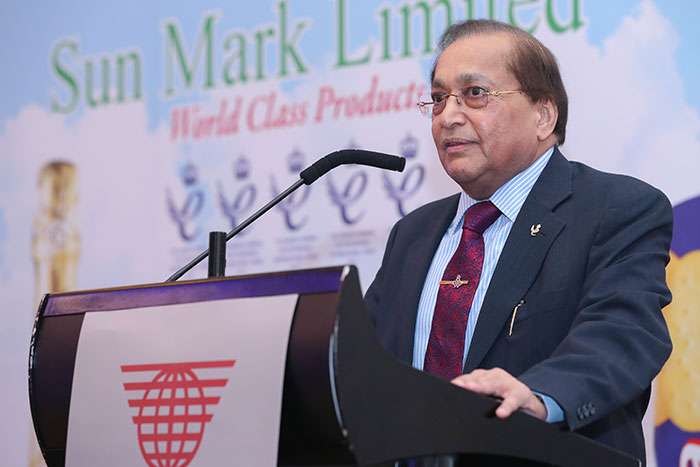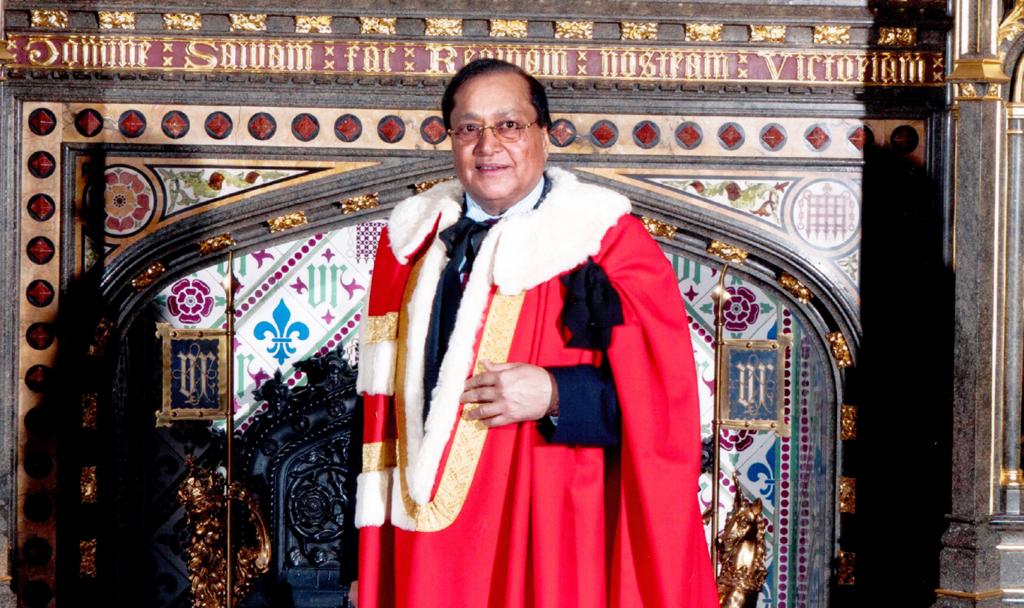Sun Mark board welcomed the judgement. Mr Harmeet Ahuja, CEO of Sun Mark Ltd, said the company’s position is vindicated by the judgement. “After four difficult years of defending our position, we are pleased that the Employment Tribunal has come to the right decision by dismissing and striking out the entire claim for £673,000 by the Claimant Ms Ramandeep Kaur, against Lord Rami Ranger,” said Mr Ahuja in a statement.
An employment appeal judge in London has dismissed and struck out a £673,000 claim made against Lord Rami Ranger and his company, Sun Mark Ltd, ruling that the former employee, Ramandeep Kapur, had acted dishonestly and destroyed crucial evidence.
Judge Hyams, in his judgment against the Claimant, Ms Kaur, has concluded that it was impossible to believe the Claimant had acted in good faith and her conduct in destroying critical evidence to the case, which included the phone recording covertly made against Lord Ranger, the notebook and the second phone, was “conduct which was in [his] judgment plainly scandalous, unreasonable, and vexatious … That is to say, that conduct was not just one or more of those things: it was all of them”.
Sun Mark board welcomed the judgement. Mr Harmeet Ahuja, CEO of Sun Mark Ltd, said the company’s position is vindicated by the judgement.

“After four difficult years of defending our position, we are pleased that the Employment Tribunal has come to the right decision by dismissing and striking out the entire claim for £673,000 by the Claimant Ms Ramandeep Kaur, against Lord Rami Ranger,” said Mr Ahuja in a statement.
“The company, chairman and directors take their responsibilities as an employer very seriously; we consider our company to be a Sun Mark family-run enterprise. The last four years have taken an unspeakable toll on The Ranger and Sun Mark family. We are pleased with the right outcome to the case.
“The Judge rightly concluded in respect of the destruction of key evidence that her (Mrs Kaur’s) deliberate destruction of those things, or lying in saying that she had destroyed them, was intended to prevent the respondents and the tribunal from considering further material which could have affected the outcome of the proceedings in a significant way.
“Consistent with the first Tribunal’s findings that the Claimant had distorted and exaggerated her evidence, this Judge also concluded that “the Claimant told a deliberate untruth” either about the date or fact of her destruction of evidence. It is clear from the Judgment that the Claimant’s conduct fell far short of a standard expected. The Judgment also referred to the destruction of evidence. The judge concluded that the Claimant kept quiet about the destruction, or “that she had told her solicitor that she had destroyed it and he had then knowingly failed to inform the respondents and/or her counsel of that fact.”
“We would like to thank our legal team who have tirelessly worked on robustly defending our position, Ms Sarah Garth and Ms Susan McKie KC. We hope that the Employment Tribunal’s decision can act as a deterrent to other people who believe that they can abuse our legal system by behaving in a dishonest and scandalous way during the legal process.”
One of the parts of the evidence on which the claimant relied in support of Mrs kaur’s claim was a recording which she had made of a telephone conversation which she had had with the second respondent on 5 October 2018. That recording was made without the knowledge or consent of the second respondent. The conversation took place in the Punjabi language. The claimant’s first language is Punjabi. One of the issues which arose at the hearing which I conducted on 24 April 2020 was whether the translation on which the claimant was proposing to rely was accurate. The translation on which the claimant at that time was relying was disputed, and I made orders relating to what was intended to be an impartial interpretation of the recorded conversation on which the claimant relied.
The recording was at that time in the possession of the respondents. Two of the things which it was asserted by the claimant had been said by the second respondent were that she was a prostitute and Lord Ranger would kill her. In paragraph 5.35 of the liability judgment, the original tribunal found specifically that those things were not said by the second respondent:

“We do not find that Lord Ranger threatened to kill the Claimant. … He did not call her a prostitute,” the judge said. “The allegation that those things were said was based on the fact that they were included in a translation of the recording of the conversation of 5 October 2018 which was made by a company called Atlas Translations Limited (“Atlas”). I was told on 9 and 10 January 2023 by Ms McKie that she had put it to the claimant during cross-examination in the liability hearing that Atlas had been persuaded by the claimant or her then solicitors to include those things in the translation. It was not disputed by the claimant on 9 and 10 January 2023 that she had been cross-examined in that way. The translation provided by the impartial translator who was identified as a result of the orders which I had made on 24 April 2020 did not include the statements that the claimant was a prostitute and that Lord Ranger, the second respondent, would kill her.”

Leave a Reply